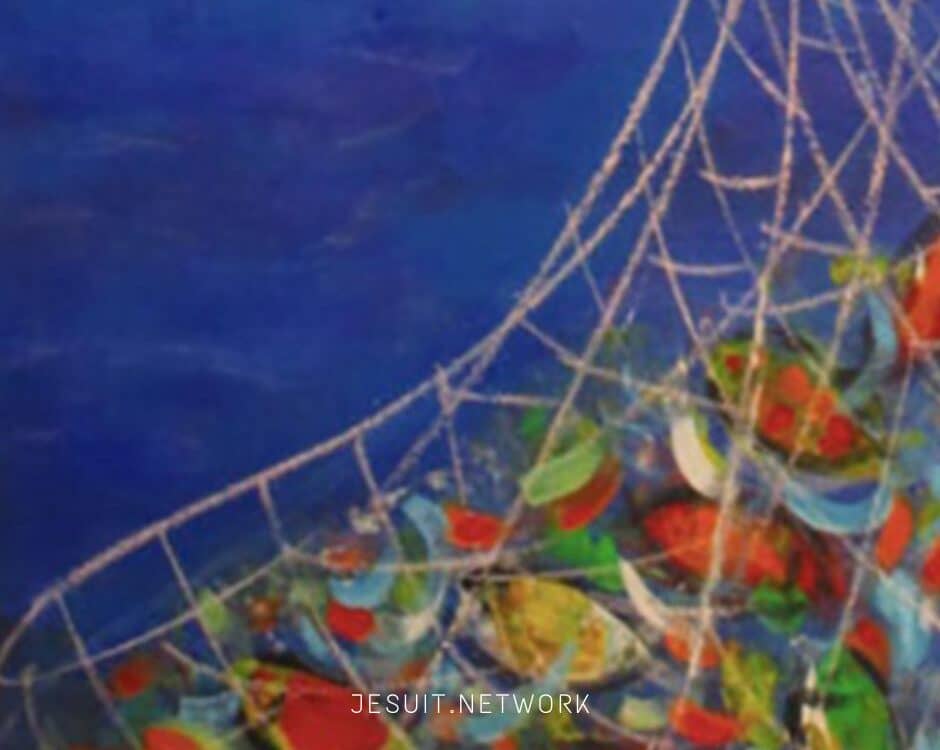This website uses cookies so that we can provide you with the best user experience possible. Cookie information is stored in your browser and performs functions such as recognising you when you return to our website and helping our team to understand which sections of the website you find most interesting and useful.
Add up to transform. Notes to strengthen networking
There is no article, conference or speech nowadays that does not highlight the importance of networking. And indeed, to face the global challenges of today’s world –such as humanitarian crises, migration, climate change, inequality or education- it is essential to have broad coalitions of civil society, often located in different parts of the world, that can join forces to face the changes. It is clear that technologies facilitate –and will do so in the future to a greater extent- the possibility of real-time communication and joint actions. In another post (only available in Spanish), I mentioned some keys to successful networking. Here, I want to refer to some of the values, attitudes, leadership traits and structures on which it should be based:
Generosity and setting sights high. The attitude that should prevail is generosity and a certain sight set high, a broad and long-term vision. Networking requires a common missionary horizon and, although there must be a balance between what is put into play and what is received, the attitude of generosity, of an ideal around which to unite wills, motivations, resources and actions is fundamental, as opposed to the mere calculation of profitability, competition between people and organizations or the struggle for power or recognition.
The horizon of a common goal aligned with the mission. Closely linked to this, we must work on the motivation to achieve a common objective, aligned with the mission of the organizations of the network, which goes beyond the agenda or interests of each of them. A common objective that transcends and that, for that very reason, agglutinates. Networks are born with a purpose and make sense as they walk towards that shared horizon. When the horizon of a network is aligned with the missionary, it is filled with meaning, which will decisively influence the motivation of the members. This is relevant, because in the end, those who set in motion dreams, ideas, efforts, challenging horizons, are the people themselves supported by their institutions.
The sum of complementarities. It is necessary to truly believe that in networking, complementarities, knowledge, abilities and skills are multiplied, as well as with the diversity of its members, and that results that would not be achieved individually are achieved, which increases the scale or impact of the actions. This must be translated into tangible and concrete results greater than those that would be achieved individually. Networking is a process, but the milestones, the “products”, the concrete results are indispensable. You have to reflect milestones along the way and celebrate and evaluate the successes.
Establishing collaborative relationships based on respect, trust and consistency. Networking must be eminently collaborative. The creation of a culture of collaboration requires respect for the other, trust, which is built on the basis of respect, coherence –agreement between what is said and what is done- and reliability –to comply with the commitment acquired. Respect and trust are also based on recognition, on giving everyone what they deserve, and in reciprocity. Hanging other people’s medals and not recognizing the other, the egos and the desire to be protagonists or having their own interests above the common interest, irreversibly damages trust and collaborative work.
Having open, flexible, regulated channels of communication in which members can express themselves freely and transparently.
Establishing more open structures and horizontal and shared leadership. In a network, hierarchies are diluted and relaxed. Networking requires leadership with authenticity and integrity and coherence, with the moral authority that provides commitment, the willingness to serve, the ability to contribute and promote collaboration and participation among its members. It is leadership based on persuasion, animation and commitment, which facilitates participation and the sense of belonging to the network. Many times it is a shared leadership, in which relationships are built on trust, not on control, capable of drawing consensus, avoiding selfishness and organizational limelight. Networking requires open, horizontal structures that transcend the organizational charts of institutions, because often their actions are transversal, they are developed in different parts of the world and involve different instances or departments of different institutions.
Networking is not easy. But when it occurs, magic happens: the real possibility of scaling actions and their impact. The possibility, too, to say and do things in communion with others. As Brazilian Bishop Helder Cámara said: “When you dream alone, it’s just a dream; when you dream with others, it is the beginning of reality”.
[This a translated version of the post “Sumar para transformar. Apuntes para fortalecer el trabajo en red” originally published in Spanish by Valeria Méndez de Vigo in the Blog of the Institute of Social Innovation]IMAGE by the Institute of Social Innovation





